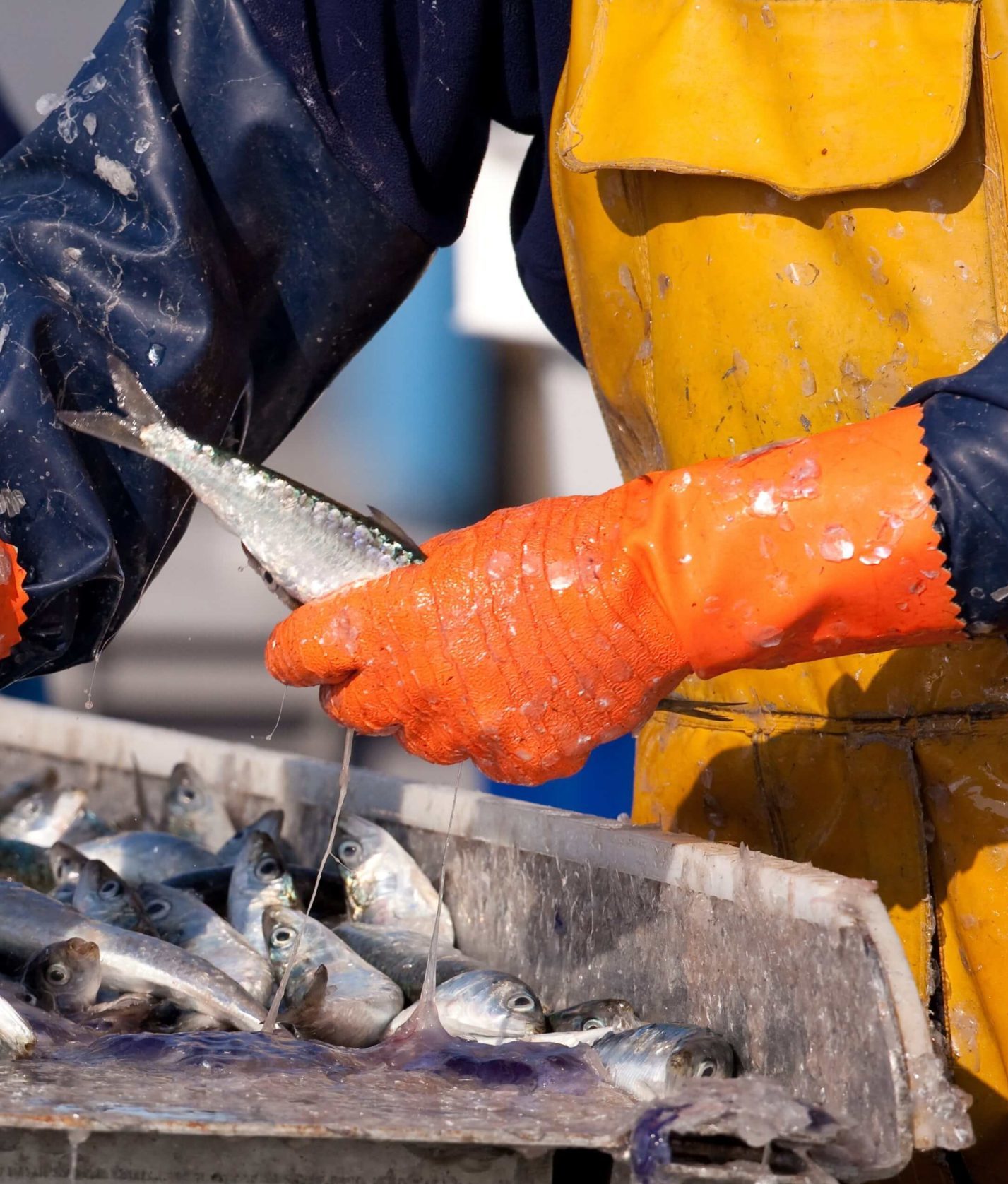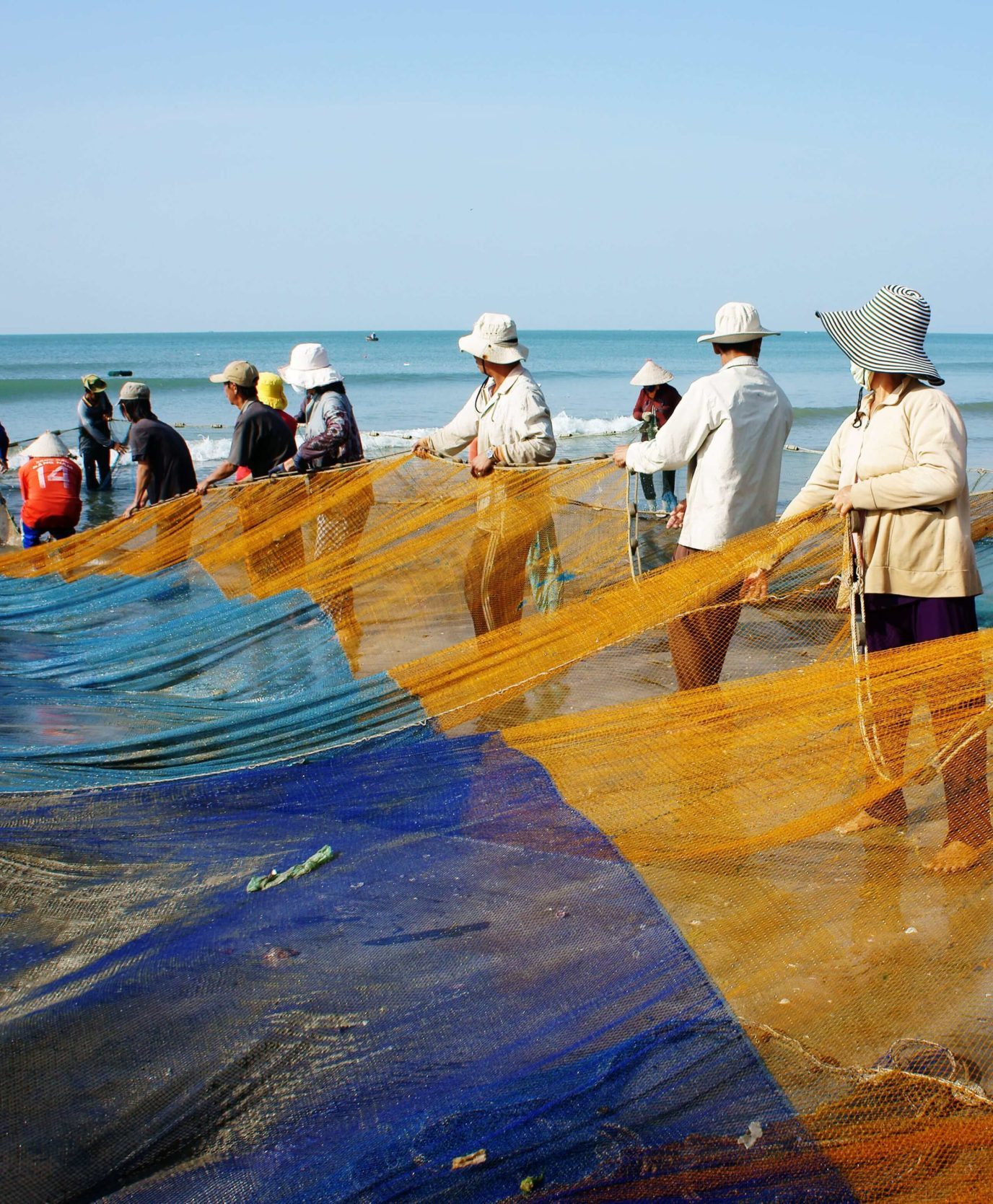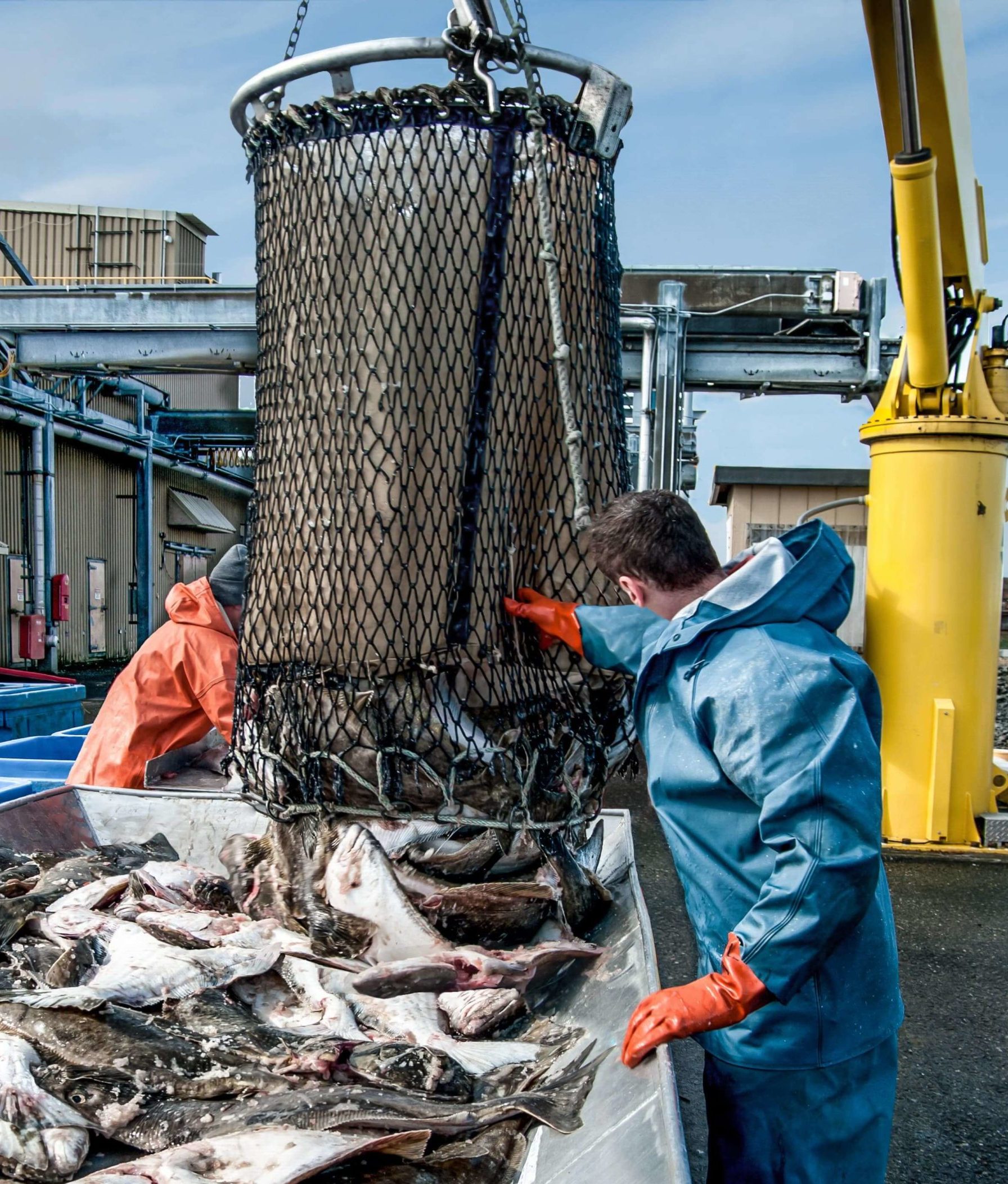The Roadmap for Improving Seafood Ethics - RISE
RISE is a free online platform created by FishWise that guides seafood companies through a step-by-step approach as they implement human rights due diligence and helps create the conditions for decent work across the seafood industry.
“Your goal with human rights due diligence (HRDD) is to prevent, identify, mitigate, and address any adverse impacts your business may have on workers, communities, and other stakeholders. HRDD is a comprehensive, cyclical process that elevates your company’s social responsibility efforts by focusing on human rights and the worker experience while considering the ever-evolving nature of the seafood industry.“
– FishWise
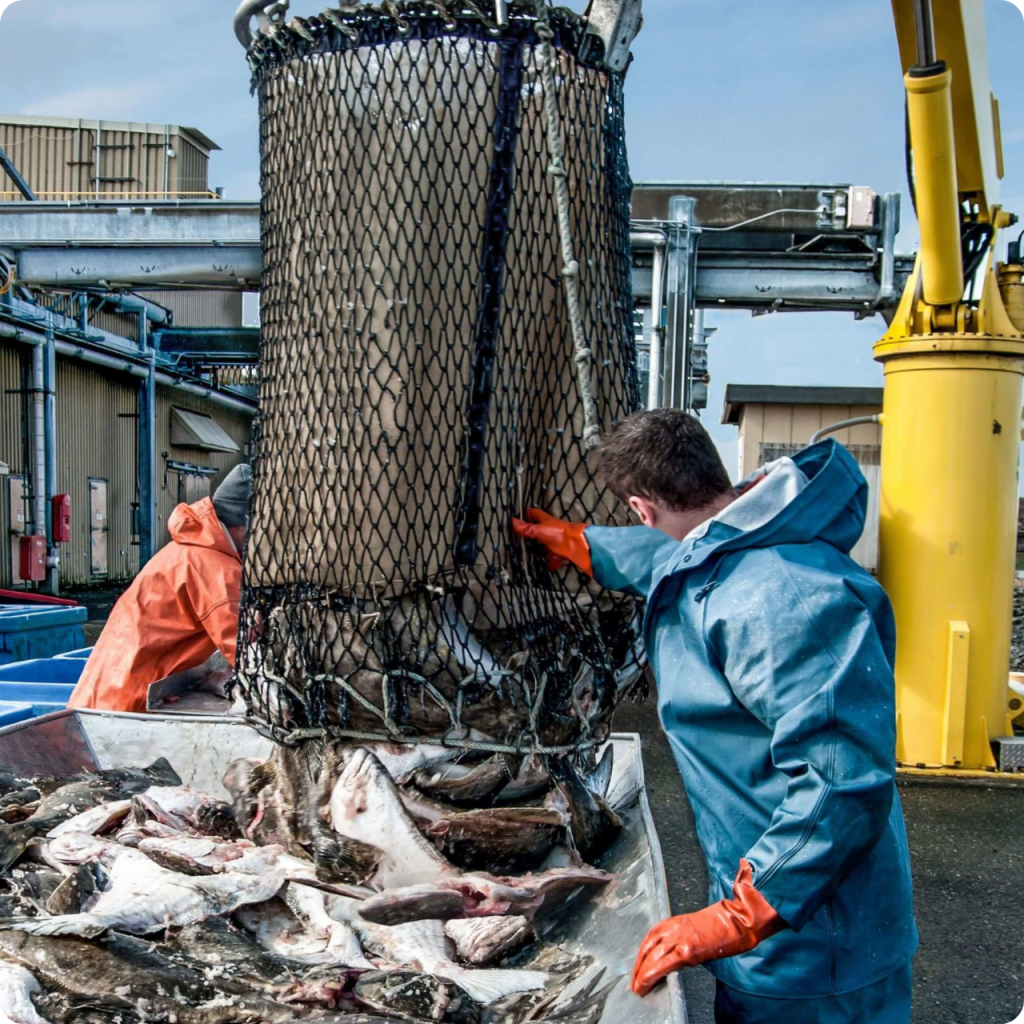
Tailored for the Seafood Industry
Seafood is sourced through a complex global network of vessels, farms, processors, and distributors, often involving hazardous work and limited supply chain transparency. At the same time, demand for responsibly sourced products is growing, and governments are implementing stricter regulations on human rights in supply chains. The complexity of these interrelated issues requires sophisticated and diverse solutions—businesses must adopt targeted and strategic approaches to improve working conditions in their supply chains.
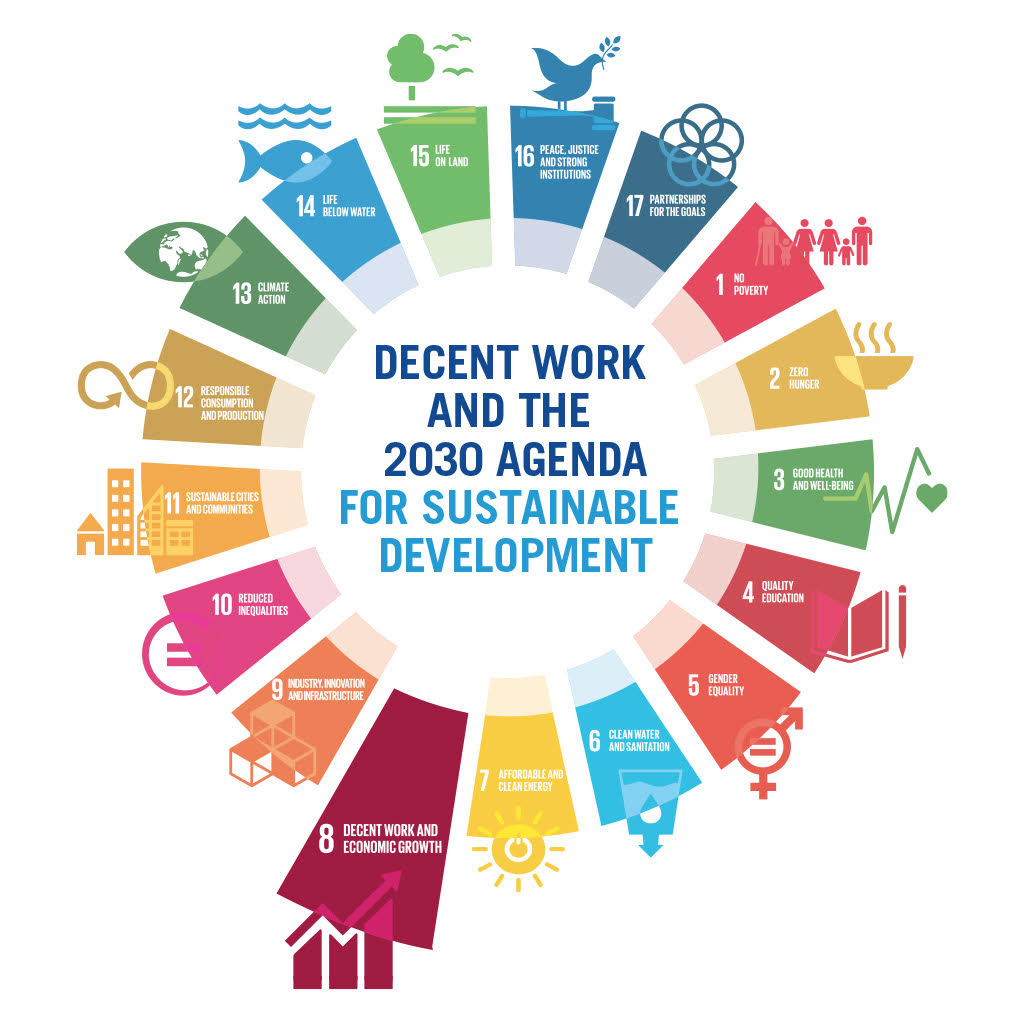
Aligned with International Norms
RISE provides a platform where companies may access credible, industry-specific tools, learning resources, and consultants and other experts to support the implementation of a robust social responsibility program. This approach, articulated in the Roadmap and Foundations, is aligned with the United Nations Guiding Principles on Business and Human Rights, supports companies in upholding core International Labour Organization (ILO) conventions, and builds towards the ILO Decent Work Agenda and United Nations Sustainable Development Goal 8.
Featured Topic
Human Rights Due Diligence Fundamentals for Impactful Implementation in Seafood
Human Rights Due Diligence (HRDD) is seen as the best practice for companies to deeply understand their supply chains and proactively identify, address, and prevent labor exploitation and human rights abuses. However, many companies feel overwhelmed by the effort, lacking capacity and clear guidance to navigate the complexity of implementation. In this report, FishWise identified three fundamentals of HRDD and explored practical actions you can take immediately to take your HRDD approach to the next level.
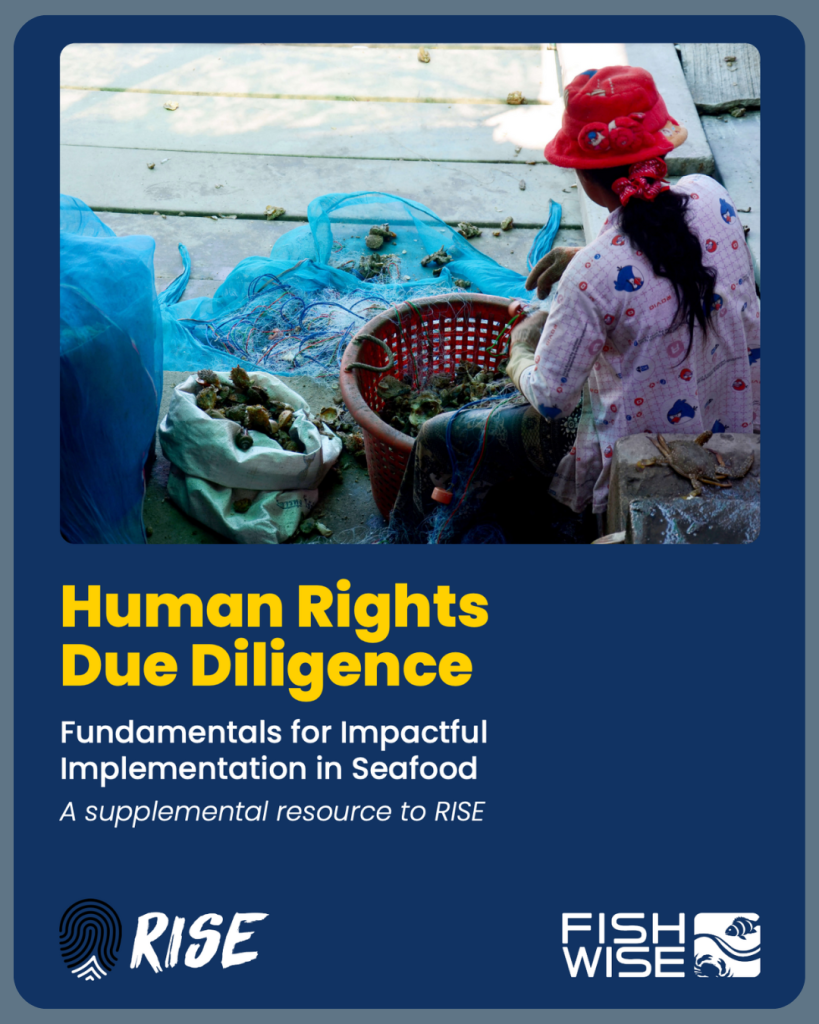
The RISE Roadmap
RISE Foundations
RISE is built upon three key foundations to catalyze meaningful industry action: responsible recruitment, grievance mechanisms and remediation, and worker engagement. These foundations are the essential building blocks of a seafood company’s social responsibility program to minimize human rights risks and maximize opportunities to create value for workers.
FAQs
Working conditions and other social responsibility issues are a significant and growing concern for the seafood sector. Seafood businesses increasingly recognize that a proactive approach to protecting workers is essential for maintaining public trust and resiliency in supply chains. Overlooking human rights impacts in supply chains can create devastating consequences, both for the workers affected and for the value and ongoing viability of the businesses involved. RISE was created by FishWise to provide human rights guidance and resources, tailored to meet the specific needs of the seafood industry.
RISE focuses on the most salient human and labor rights issues within the seafood industry. The Roadmap prioritizes three foundational topics necessary to implement meaningful improvements in seafood. RISE also provides guidance for companies assessing their impact and risk related to the most urgent human rights issues, such as forced labor, human trafficking, and debt bondage.
FishWise recognizes that there are additional aspects of seafood sustainability that companies need to consider, including traceability, fisheries management, and food security. Many initiatives and resources already address these topics, some of which are included on RISE. We encourage companies to apply or participate in other standards, partnerships, and initiatives focused on these topics.
Contact FishWise for more information about supporting your company’s environmental sustainability, traceability, and advocacy efforts for seafood.
FishWise works to sustain ocean ecosystems and the people who depend on them by transforming global seafood supply chains. Advancing private sector leadership, building and actively participating in multi-stakeholder collaborations, and strengthening governance reform and policy advocacy, FishWise implements a holistic approach to sustainability in pursuing its mission. For over 20 years, FishWise has developed, tested, and implemented responsible business practices to improve the transparency and sustainable management of complex global seafood supply chains and serves as a bridge between the private sector, governments, environmental sustainability, counter-IUU fishing, and social responsibility communities.
Visit FishWise’s website to learn more.
RISE is a free resource tailored to meet the needs of seafood companies. It provides industry-relevant information and tools, coupled with connections to human rights experts to support implementation. Companies can use the Roadmap to identify and address human and labor rights abuses in their seafood supply chains. RISE is endorsed by industry leaders, human rights and labor organizations, and leading environmental nonprofit organizations (NGOs) because it provides credible and well-informed guidance and tools to support implementation, mitigate risk for companies, and make improvements that positively impact the lives of workers.
RISE is more than a due diligence tool. While the Roadmap steps are modelled upon traditional human rights due diligence in line with the ILO Core Conventions and UN Guiding Principles on Business and Human Rights, RISE also addresses key issues affecting the seafood industry, such as responsible recruitment, worker engagement, and decent work at sea. RISE promotes a dynamic and iterative approach to human rights, specific to seafood supply chains.
RISE also provides guidance on topics such as making social responsibility commitments, building supply chain capacity, communicating on progress, and collaborating with others to accelerate sector improvements.
Seafood retailers and brands, suppliers, processors, and producers are the primary audiences for RISE. However, there are many other stakeholders whose participation is essential for enabling, supporting, and incentivizing progress in social responsibility. NGOs that partner with seafood businesses play a key role in educating companies on their social responsibility risks and how RISE can support them in making improvements. Governments may use RISE to develop and strengthen public policies and regulations for protecting human and labor rights. Funders may use RISE to identify the leading organizations working on human and labor rights to fund increased impact.
It is crucial that companies eventually adopt all elements of RISE that are applicable to their operations or role in the supply chain. That said, many companies will need to adopt a stepwise approach to making improvements to their supply chain practices, policies, and procedures. A commitment to progress is critical, and RISE offers a structured approach to improve performance and to demonstrate progress along the way.
RISE is not a compliance standard, certification system, or benchmark, so it is not possible to be certified or verified against RISE. Companies may use the guidance, resources, and tools found in RISE to guide their due diligence process which may include certification as one component.
Companies that wish to demonstrate their use of RISE are encouraged to do so, and should at minimum:
- Align their social responsibility commitments with content included in the eight steps outlined in the Roadmap and three Foundations
- Develop robust programs that meet the guidance included in the Roadmap Steps and Foundations
- Publicly report progress
Companies are encouraged to publicly communicate their support for RISE and their use of RISE to establish, implement, and monitor their commitments. RISE can help companies demonstrate that their policies and practices are aligned with current best practices and expectations for socially responsible seafood businesses. Public support for RISE will also help accelerate broader adoption and demonstrate its value to supply chain partners and stakeholder groups working on human and labor rights.
The RISE logo/brand may not be used in consumer facing product, packaging, or marketing materials, nor as a claim of responsible practice – see Disclaimer.
Companies that are interested in sharing their experience working on these issues may submit a case study to RISE@FishWise.org.
